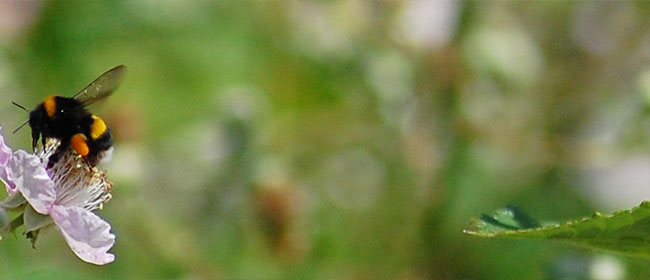Our reporting
We believe that transparent reporting can be a powerful tool for change. That’s why we publish an annual Sustainability Report that not only celebrates our achievements, but also takes an honest look at our progress and where we still have work to do. In 2024, we also released our first expert report dedicated to the Future of Organic Fruit & Veg. It explores the challenges and opportunities facing our British organic farmers, and how we’re supporting them through these.

Refusing, reusing, recycling packaging
Our Packaging Promise is to help you slim your bin. That means zero pointless plastic – we only use packaging if it genuinely serves a purpose, like preventing food waste. When we do use it, we work with sustainability experts like ReLondon and Unpackaged to design it. We also make sure you can reuse, recycle, or return it to us for a sustainable end of life – so you don’t have to send anything from our deliveries to landfill. The only exception right now is the recycled string we use to tie our boxes. But we’re working on that, so watch this space. We’ve always delivered our food in returnable, reusable cardboard boxes and estimate that’s saved over 81 million plastic bags. A study conducted by plastic campaign group Everyday Plastic also found that we have at least 77% less plastic on average in our organic Fruit & Veg Boxes than Tesco, Sainsbury’s, Ocado and Waitrose. We launched our Club Zero refill range to offer everyday staples, like organic milk, in returnable, refillable packaging, to help you cut down on single-use plastic. And we even collect your hard-to-recycle flexi-plastics (from any shop) through Plastic Pick-Up, our doorstep recycling scheme. Only 16% of UK councils currently pick up at least one type of flexi-plastic film from kerbside, so these materials often end up in our general waste bins, headed to landfill. We’ll make sure yours are recycled responsibly in the UK.
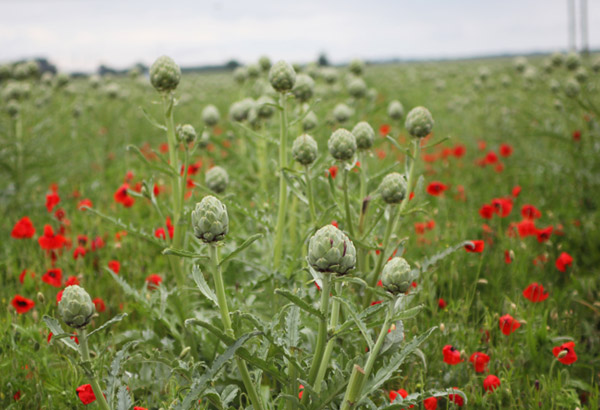
Championing organic farming
We’ve championed organic for over 30 years. Our organic farmers are independently certified by accreditation bodies like the Soil Association and must meet strict laws about the production of organic food. As the Soil Association say, “they must also go further in key areas such as animal welfare, protecting human health and safeguarding the environment. No system of farming has higher levels of animal welfare than farms working to Soil Association organic standards.”. This includes ensuring that their animals are truly free-range, have plenty of access to space and natural sunlight (both indoors and outdoors), have a diet free from GMOs and are not routinely given antibiotics. Organic farming has also been shown to support biodiversity, with organic farms having 30% more biodiversity on average than non-organic farms.
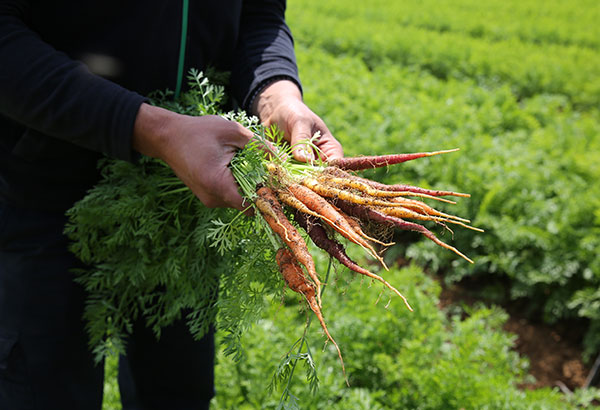
Saying no to artificial pesticides
Choosing organic food is a way to help avoid potentially harmful artificial pesticides from entering your diet, because their use is banned on organic farms. Typically, artificial pesticides are used on non-organic farms to increase yields – without, according to the Soil Association, “a true understanding of the impact on human health and wildlife”. Instead of relying on artificial pesticides, our organic farmers use natural methods (like crop rotation and encouraging natural predators) to control pests and diseases. For extra reassurance, our dedicated Technical team also complete a pesticide screen on a selection of our fruit & veg each month. We’re proud that our farmers’ crops are delivered to you looking just like they do when they’ve been freshly harvested. So, you might need to give our veg a good scrub.

Paying our farmers fairly
Being fair on price means that we can help offer our farmers security – it’s important that they can make a profit, so they can reinvest this and continue to farm. To do this, we commit to annual crop plans with our fruit & veg farmers, agreeing on volumes and prices in advance. This allows our farmers to plan ahead, as they know we won’t walk away from their healthy crops. Every farm is unique, with different needs and challenges. So, our conversations are unique too – they’re about nurturing these partnerships and working through problems together, as much as possible. If one of our farmers experienced crop losses last year, for example, we’ll agree together to build the right level of risk into our pricing for the next year. As a proud Real Living Wage employer, we’re also committed to paying a fair price to our farmers to allow them to then pay a fair wage to their teams. So, we want to know how much labour their farms need – organic farms are more labour intensive, and wages make up most of the cost of growing and harvesting. For some of our other farmers the price we pay is linked to trackers that chart changes in feed, labour and electricity prices. These trackers are set up by the suppliers and use data from independent sources. This ensures that we are paying a fair price for their produce, in line with fluctuations to their input costs.
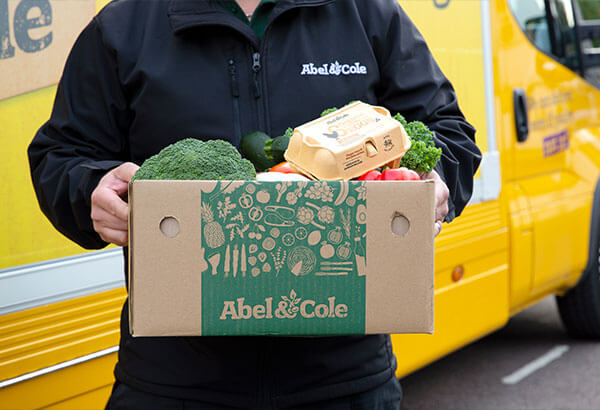
Cutting carbon footprints with our deliveries
We do deliveries differently. Our delivery model is designed to help keep food miles and carbon emissions as low as possible. We achieve this by only delivering to certain areas on certain days each week; regularly reformulating and reanalysing our routes; avoiding delivery schedules or timed delivery windows; operating at the time of day that avoids the most traffic congestion; allowing unattended deliveries; and training our drivers to be as efficient as possible. This isn’t how everyone operates, and we know that planning around our set delivery days might make your life a little less convenient. But it helps to shrink our carbon footprints. A US study found that companies who clustered deliveries by postcode, as we do, instead of offering specific delivery slots, emitted between 80-90% less carbon dioxide. We even specially designed our yellow vans to be able to carry more than other delivery vans on the road, so we can make more deliveries in a single journey.

Reducing our own carbon emissions
We’re always working on ways to reduce our carbon emissions further. We worked with fellow B Corp, Green Element, to measure our scope 1, 2 and 3 emissions, and identify our carbon ‘hotspots’. Our key focus is reduction, and we’re now working on a comprehensive, long-term strategy to reduce all three scopes of our emissions, validated by the Science Based Targets Initiative. As part of this strategy, we’ve introduced electric delivery vans along with HVO-powered vehicles (hydrotreated vegetable oil) into our fleet to cut scope 1 carbon emissions. And since 2021, we’ve cut our scope 1 emissions by 1,553 CO₂e tonnes – a huge 34% reduction. But we’re hard at work on more carbon-cutting projects. With help from the Soil Association Exchange, we’re undertaking farm-level assessments to measure and lower the impacts of our growers too.
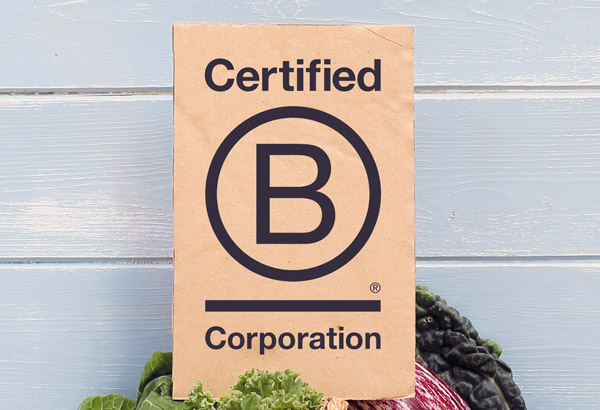
Balancing purpose & profit
As a certified B Corp, we’re committed to driving positive change for people and our planet. Through our One Box: One Portion initiative, we’re fighting food poverty in our community by donating a portion of fresh, organic fruit or veg to those in need, for every Fruit & Veg Box sold. We also regularly invest in life cycle assessments of our products, measuring their carbon emissions, water usage, potential to cause pollution and impact on biodiversity. This helps us more fully understand their impact, so we can then share this information with our shoppers – for example, through the eco-impact labels used on some of our most popular items. What’s more, we stock a great range of products from fellow B Corps, as well as Fairtrade-certified growers and makers.
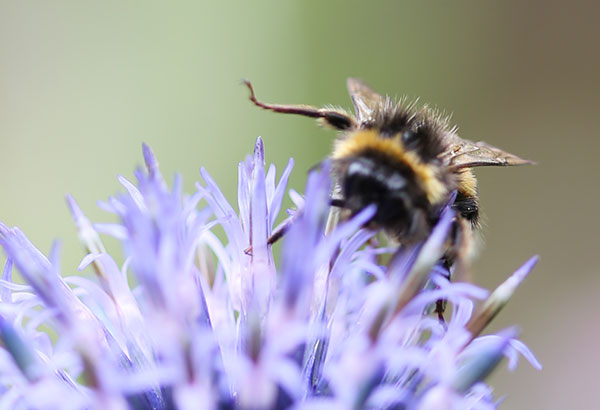
Sourcing with zero airfreight
We source as much as possible from growers and makers across the UK – it’s another way we try to keep food miles and carbon emissions as low as possible. For anything that can’t be sourced or grown in the UK (like our organic bananas), we have a zero airfreight policy in place. Government data continues to show that airfreight produces significantly more greenhouse gas emissions than goods transported by other methods.

Fighting food waste
Reducing food waste is a powerful tool in the fight against climate change. When we waste food, we’re not only wasting the resources needed to grow it, but any food that goes to landfill releases greenhouse gases. To help minimise our waste, we collaborate with WRAP to better understand and monitor our surplus. Our dedicated Food Guardian, Ania, also works closely with charities like City Harvest and The Felix Project to ensure that any excess food we can’t sell finds a good home. Anything they can’t use is donated to local farmers for animal feed. All this has meant we’ve been able to cut our food waste by 50% since 2021.


